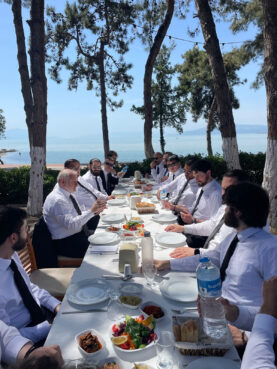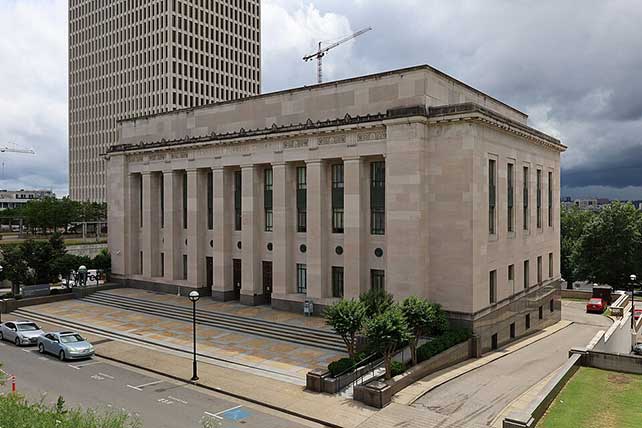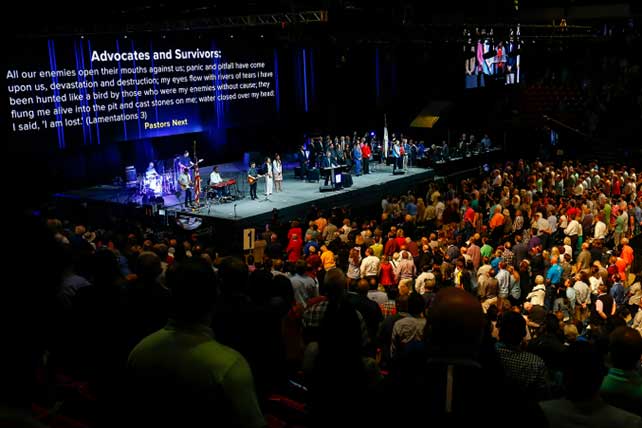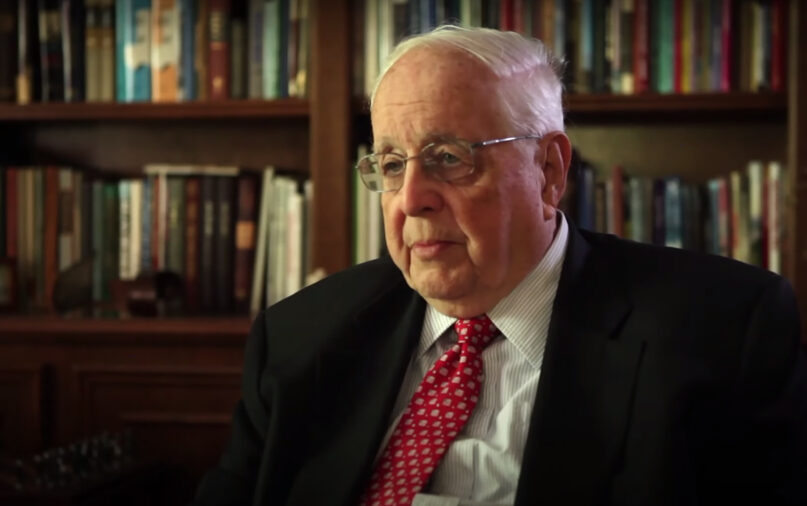The New Yorker has released a short documentary profiling the removal of Fern Creek Baptist Church from cooperation with the Southern Baptist Convention (SBC). The documentary tells the story from the perspective of two pastors: Linda Barnes Popham of Fern Creek in Louisville, Kentucky, and Tom Ascol of Grace Baptist Church in Cape Coral, Florida.
Popham began pastoring Fern Creek more than three decades ago. She became pastor of the church roughly a decade before the SBC updated the Baptist Faith & Message (BFM), the denomination’s unifying statement of belief, to include a prohibition against women serving as pastors.
Fern Creek continued to operate under a previously adopted draft of the BFM. However, its affiliation with the SBC was called into question amid a wave of concern regarding the issue of women in leadership. In 2023, the church was disfellowshipped, alongside Saddleback Church.
Among those who have raised alarm bells regarding women serving as pastors has been Ascol, who in addition to being a pastor is an author, internet personality, and president of Founders Ministries
The New Yorker’s documentary features footage of Ascol at his home and his church, showing him singing hymns with his family, greeting parishioners, praying with other church leaders, and shooting a bow and arrow.
“The Bible does not allow women to be pastors of local churches,” Ascol said. Reciting 1 Timothy 2:11-12, Ascol added, “He says, ‘Let a woman learn quietly with all submissiveness. I do not permit a woman to teach or to exercise authority over a man. Rather, she is to remain quiet.’”
“We are people who have a book, and that book teaches us what the will of our God is,” said Ascol. “The Southern Baptist Convention is the largest Protestant denomination in North America. So what happens to the Southern Baptist Convention matters.”
Ascol’s wife, Donna Ascol, said, “We know we’re in a war.”
“We want to love people where they are, but we’re not going to change who we are,” she added. “I will be that girl, still going to church on Sunday, still standing for Christ.”
Ascol said, “There’s no doubt that the Convention is declining. But we need reformation; we need revival. And it needs to start with the household of God.”
The documentary then cut to footage of Popham standing in her church’s baptismal. She went on two baptize two children.



































